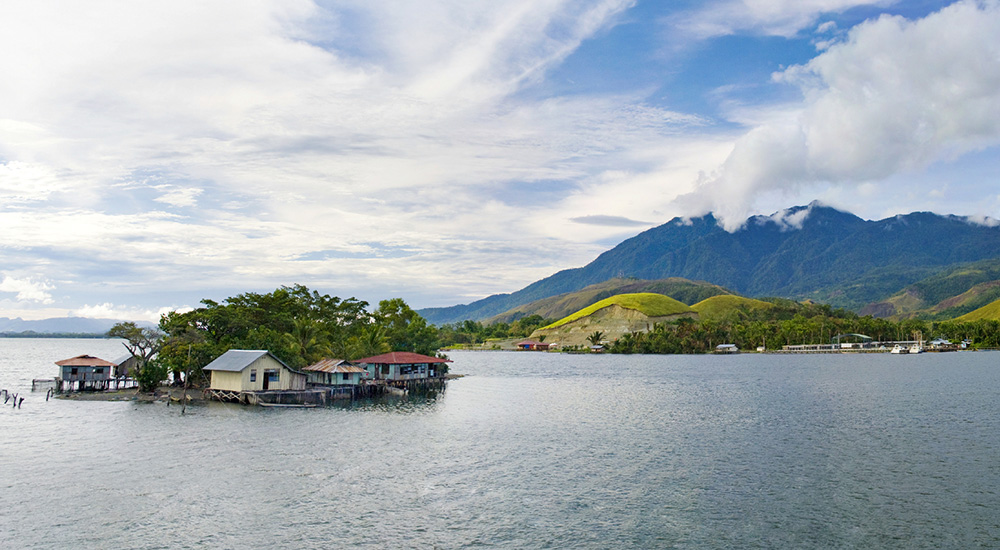
The success of the Paris climate change conference in November, billed as a make-or-break summit for hopes of the planet avoiding a catastrophic degree of global warming, will depend on the big carbon emitters making serious concessions—and polluters don’t come much bigger than Australia.
The country has done little to remedy this—and Australia’s neighbours in the Pacific are already feeling the effects of climate change. Typhoon Pam devastated Vanuatu in March and undid years of development over a ferocious few hours. Tuvalu and Kiribati are vying for the dubious distinction of becoming the first country to disappear beneath the waves. Papua New Guinea (PNG) is facing a food crisis after frosts and its worst drought in two decades, caused by El Niño, with the death toll reportedly at 24 by early September.
With the most threatened coral-island states leading diplomatic agitation for global warming to be restricted to 1.5C (though a 2C rise in temperature increasingly seems inevitable, as National Geographic acknowledged last year), the Guardian correctly predicted that Tony Abbott’s government, and New Zealand, could expect criticism at the annual Pacific Islands Forum, being held in the PNG capital, Port Moresby. Small island states, which dominate the 16-member organisation numerically, if not by clout, called for a global moratorium on new coal mines. However, coal, after iron ore, is Australia’s largest export, worth A$40bn ($28bn) in 2013.
The Abbott government has been criticised for the modest ambitions of its carbon-emissions reduction target of 26-28% below 2005 levels by 2030. The Climate Institute called it ‘pathetically inadequate’, still leaving Australia as ‘the highest per capita emitter in the world’. New Zealand’s prime minister, John Key, was also satisfied with his country’s position on climate change, Radio New Zealand reported, despite mounting pressure.
Rising anger among smaller Pacific states at what they see as Abbott’s complacency in the face of an existential threat to their nations tipped over into unexpectedly direct language at an event where regional solidarity is prized. The Fijian prime minister, Frank Bainimarama, boycotted the summit, sending his foreign minister instead, over Australian climate change policies that he said were ‘clearly not in the interests of the Pacific small-island developing states’.
President Anote Tong of Kiribati said the forum could split over the issue, with Australia asked to leave, Radio New Zealand reported, while Palau’s Tommy Remengesau said urgent action was needed as they confronted ‘matters of life and death and survival, sustainability … those issues are the very reason why there is a Pacific Islands Forum.’
As The Economist pointed out, Australia’s moral authority in the region has taken a severe knock. And it doesn’t look like it cares too much.



